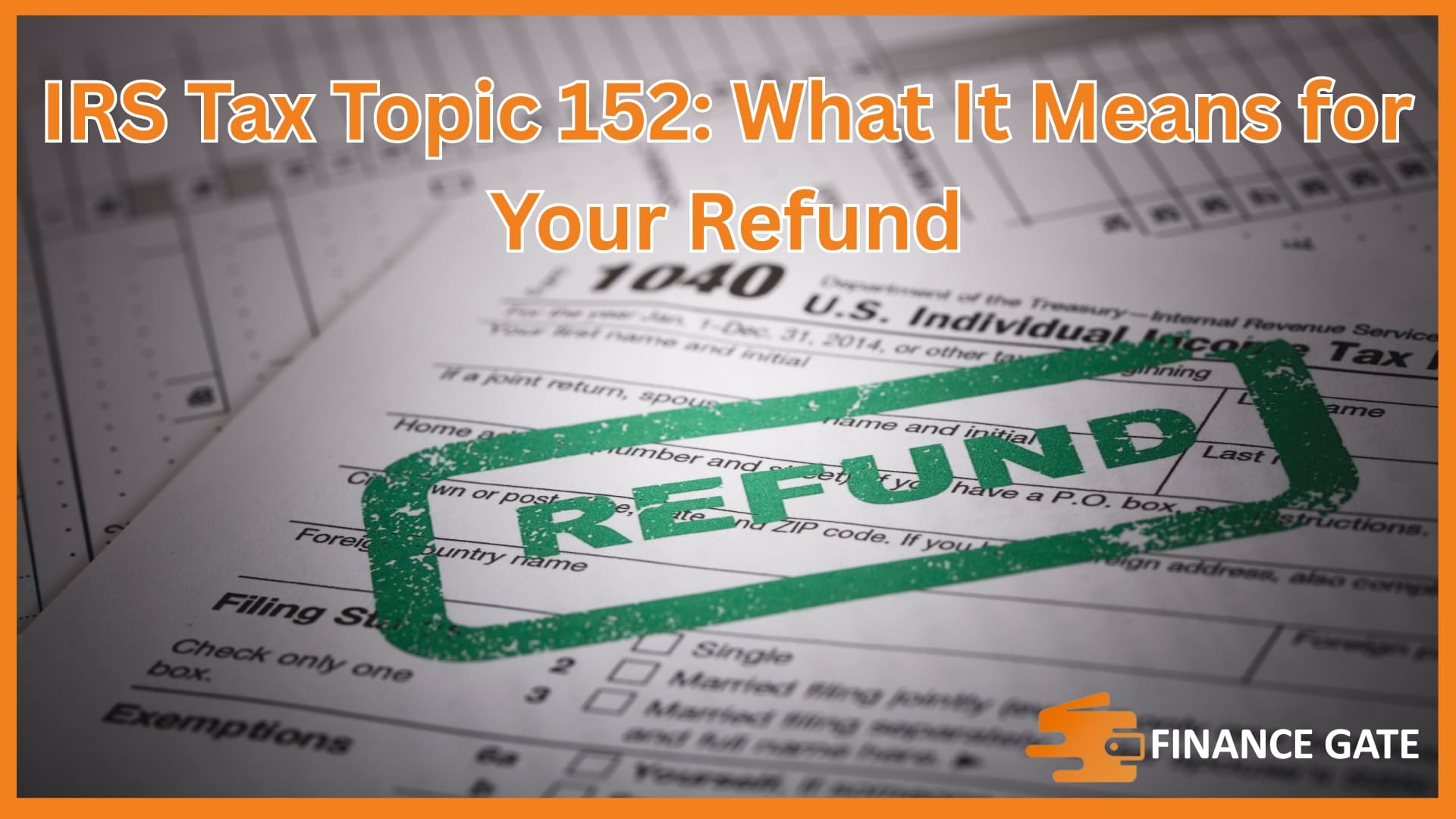Overtime pay often increases a worker’s overall tax burden, especially when combined with taxable tips. According to recent policy changes, the no tax on overtime rule will ease that pressure for millions of Americans. The new tax law, active from calendar years 2025 through 2028, allows workers to deduct qualified tips and overtime from their federal income tax. This includes cash tips and overtime wages paid by employers under state or federal guidelines. Although Social Security and Medicare taxes still apply, this deduction reduces gross income for federal tax purposes. This guide outlines everything workers need to know to claim these benefits correctly.
What is Overtime Pay And How is it Currently Taxed?
Overtime pay refers to additional wages earned for hours worked beyond standard full-time schedules or regular wages. Employers must calculate this compensation under the Fair Labor Standards Act using a 1.5x pay formula. Currently, all overtime pay is subject to federal tax, social security and medicare tax, and regular tax withholding rules.
Workers must report overtime as part of their gross wages on their income tax return. Consequently, it increases both federal taxable income and modified adjusted gross income, impacting overall tax liability. However, the deduction for overtime under the Big Beautiful Bill Act begins with tax years 2025 through 2028.
How the 2025 Policy Shift Impacts Overtime Pay
The Fair Labor Standards Act still governs overtime compensation, but 2025 brings substantial federal adjustments. The Big Beautiful Bill, officially called the One Big Beautiful Bill, now exempts overtime pay from federal income tax calculations. Consequently, employers must continue to calculate 1.5x regular pay for hours exceeding 40 weekly.
However, gross income reported on tax returns will exclude qualifying overtime earnings, resulting in lower adjusted gross income. Moreover, this affects workers filing a joint return, improving eligibility for certain credits. Social Security and Medicare contributions still apply to all earnings, including overtime, which keeps payroll obligations in check.
No Tax on Overtime in 2025
As of 2025, eligible workers can deduct up to $12,500 in overtime pay from their federal income taxes. This deduction rises to $25,000 for married couples filing a joint return. Overtime earnings are still subject to Social Security and Medicare, but not to federal income tax. Adjusted gross income is calculated after subtracting qualified overtime compensation.
Consequently, taxable gross income decreases, potentially lowering overall tax liability. Workers in tipped roles benefit similarly under the new tax on tips exemption. The IRS will issue further clarification on this tax deduction by the next tax return season.
When Does No Tax On Overtime Start?
The no tax on overtime policy took effect on July 4, 2025, after the signing of the One Big Beautiful Bill.
- Workers earning overtime compensation after this date can apply the federal income tax deduction.
- The IRS has instructed employers to update W-2 forms accordingly for the 2025 tax year.
- This change only applies to earnings after July 4, 2025, not retroactively.
- Affected employees will see reduced adjusted gross income in their 2025 tax returns.
- The tax-free treatment of overtime pay lasts through December 31, 2028, unless extended by Congress.
- This timeline also applies to the tax on tips exemption outlined in the same bill.
Who Qualifies for The Overtime Tax Exemption?
The new tax law titled “No Tax on Tips and No Tax on Overtime” applies from calendar years 2025 through 2028. This overtime provision allows workers to deduct qualified tips and overtime pay from their federal income tax return. However, not every worker automatically qualifies. Eligibility is restricted to individuals who receive qualified overtime compensation or customarily and regularly received tips, as defined under the FLSA to define overtime compensation.
Employers are required to report overtime wages separately on Form W-2 and capture overtime wages for purposes of tax reporting. Workers must continue to report tips that are not cashless or tips that are not reported.
- Must have received qualified overtime compensation under federal or state overtime laws
- Should earn tips received regularly as part of job functions
- Tips reported must be recorded on or before December 31 of the filing year
- Applies only to overtime wages paid by employers after July 4, 2025
- Cannot claim exemption if tips or overtime pay were already exempt from federal income tax
Conclusion
The no tax on overtime provision under the One Big Beautiful Bill Act gives workers a major tax break through 2028. By allowing deductions for qualified overtime compensation and tips, the law lowers federal taxable income and increases take-home pay. Employers must continue proper tax withholding and reporting, while workers remain responsible for reporting tips. Although Social Security and Medicare contributions still apply, federal income tax relief makes overtime earnings more rewarding. If you’ve earned extra income through overtime or tips this year, are you prepared to claim your deduction on your next federal income tax return?
FAQs
1. Does this affect state and local tax?
No. The exemption applies only to federal income tax, not state or local taxes.
2. Are tips included in this law?
Yes. Cash and credit card tips are eligible up to $25,000 via “no tax on tips”.
3. Are Social Security taxes affected?
No. Social Security and Medicare tax still apply to all earnings .
4. Who qualifies for these deductions?
Non-exempt workers under FLSA who regularly earn overtime or tips.
5. Will employers change W-2 reporting?
Yes. Employers must report overtime wages paid by employers separately.
6. Is guidance available for employers?
IRS guidance is expected by October 2, 2025, from the Treasury Department.
7. How long will exemptions last?
Through tax years 2025–2028, unless Congress extends the provisions.
8. Does high income phase out deductions?
Yes. Deductions phase out for MAGI above $150,000 single or $300,000 jointly .






